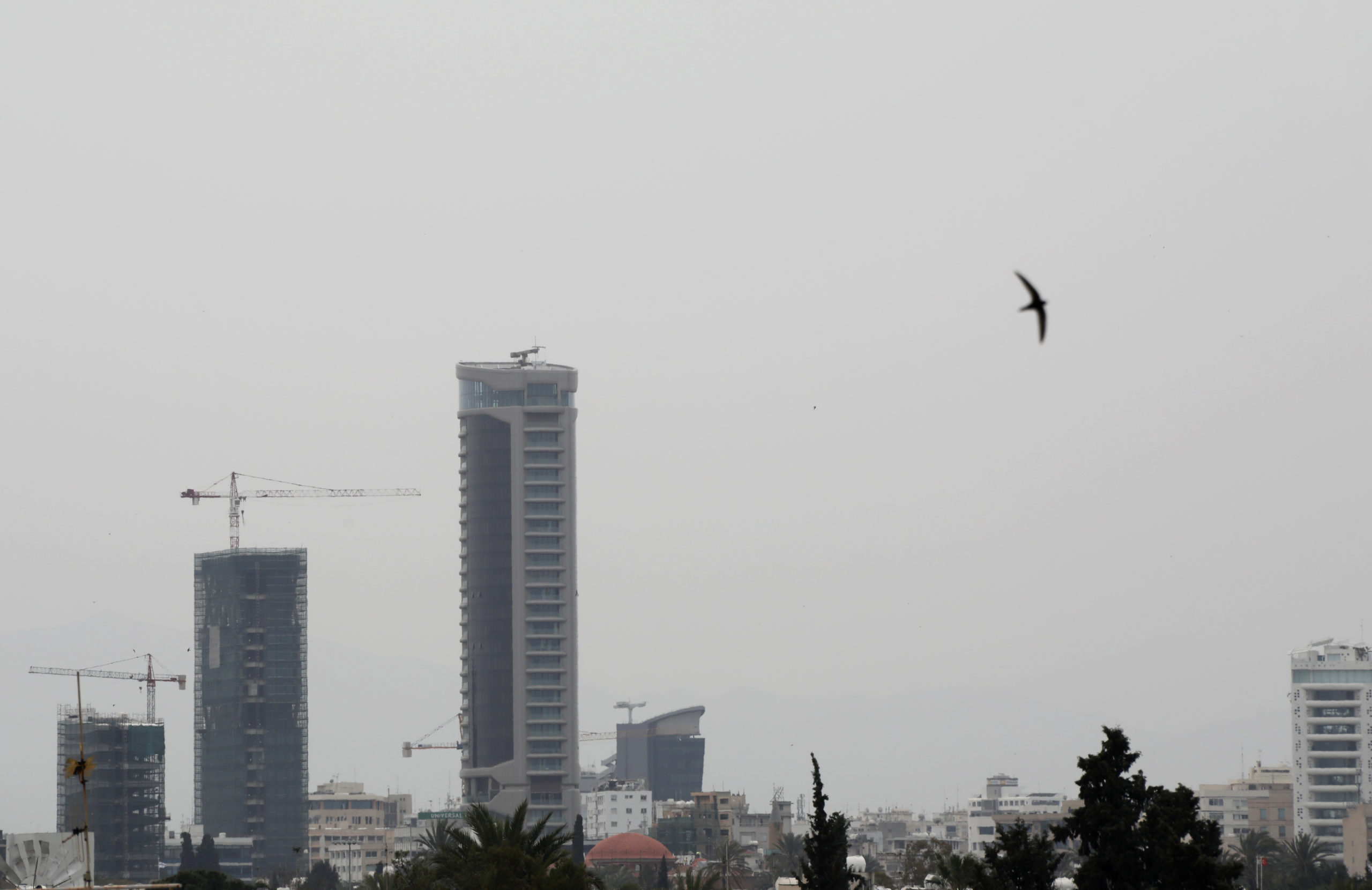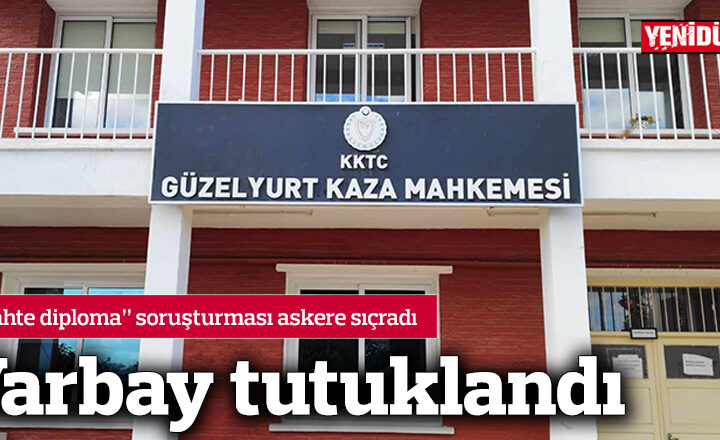A report by international auditors and advisory PwC regarding Cyprus’ prevailing real estate market is worth studying.
It reports on the reduction of real estate demand, something which I expect will get worse shortly.
Interesting to note the eagerness of various people, including the Auditor General and some of our Euro MPs, criticising the country in the international media on mismanagement of the economy, suggesting a corrupt state, which has a wider issue on doing business on the island.
A recent case in hand was the future relocation of the head offices of a forex company from an Arab state to Cyprus.
Notwithstanding the high recommendations of its staff to relocate, bosses in the US turned their suggestion down, because based on reports, “Cyprus is off our plans”.
Do you blame them when we unreservedly accuse our own state of corruption?
The unfortunate small politics, the government’s lack of a majority in the House of Representatives and the never-ending elections provide room for such unacceptable behaviour.
Instead of such matters being resolved internally, those seeking self-promotion have no inhibitions to act otherwise.
We may be a democracy, and everybody should air their views, but in the end, we must have in mind the damage and benefit to the Cyprus economy?
Unemployment is rising (+1%), many companies are struggling financially (the impact of COVID-19 has not helped), and the future is not as positive as we could expect.
We received €1.2 bln in aid from the EU, but this is a just “loan” because the government undertakes several reforms that, due to its lack of a House majority, cannot be implemented properly.
If we compare real estate performance, transactions showed a reduction of 55% for the first six months of 2020.
In contrast, the beach towns of Limassol and Paphos that attract mainly foreign investments showed a 65% reduction in Limassol and 61% in Paphos.
At the same time, the Nicosia real estate market, which is based primarily on local demand, saw a reduction of 31%.
Also, high-end properties (over €1.5 mln) showed a reduction of 78% in demand/deals over the same period last year.
As if this was not enough, there are the side-effects of the inexcusable bad publicity regarding Cyprus’ key foreign investors linked to the casino resort, Wargaming and more recently, the Ayia Napa Marina.
Who on earth would dare risk their investments in Cyprus, where decisions are based on politics, which change from time to time and not on economic criteria?
We now have a report by one of our Euro MPs regarding VAT, who claims we have undercharged foreign real estate investors with a levy of 5% instead of 19% and this inside the European Parliament for everybody to hear.
Seriously?
Similarly, the Al Jazeera video release, including documents with stamped copies by our MPs, is yet to be found.
Are we serious? Is this not another nail in the coffin of the Cypriot economy?
The views and blame-game by our Auditor General, who acts as a super governor of Cyprus – is another point of curiosity.
Cyprus has limited economic activities to offer other than the tourist industry and those related to real estate.
Pharmaceutical firms are also a major contribution to GDP, as is shipping and possibly now with the PDO, Halloumi production and exports.
Restructuring of the economy is a must, and issues keep being raised by the EU, reflecting the indifference by Cyprus MPs.
The recently proposed law regarding contracts referring to leases/sales that lawyers must prepare is another issue worth noting.
If you let your apartment for, say €400 p.m., the legal fees could be around €500+VAT.
Just as well, the Attorney General said that it should be optional to the contracting parties if they so wish, and we hope that the president will not approve this law.
But it also shows how our system works (80% of our MPs are lawyers having financial benefits of such approval of the bill).
The argument is that the law is for the protection of the public and not for their pockets.
Another cause of concern is the postponement of the forced sale procedures, not adopted as yet. Still, it is another indication that some banks “may go under” and repeat the 2013 bail-in, with confiscation of deposits, with the public getting another haircut on their deposits.
Also of concern is the rejection of the much-needed reform of our judicial system, which could provide a more efficient method for justice, reducing the delays in courts from the prevailing 7-10 years to less than half.
A country whose people are looking after their individual interests is not a country with a future to talk about.
An example is the coronavirus effect (with some refusing to be vaccinated, including 40% of doctors and nurses).
We are now blacklisted by our main tourist markets, such as the UK and Russia, whereas cases of around 500 per day are still shocking.
All these and other matters directly affect real estate investment, and this, coupled with the impact of Brexit, does not help.
Approximately 20 years ago, a demonstrator placed a bucket in Nicosia’s Eleftheria square for passers-by to spit in disgust over the wrongdoings of the political parties – is this something we should repeat?










